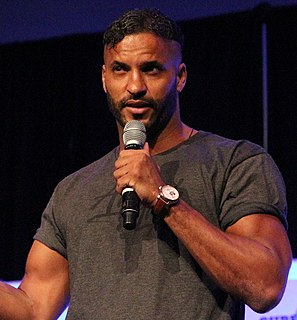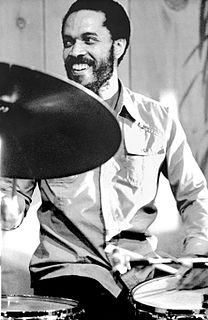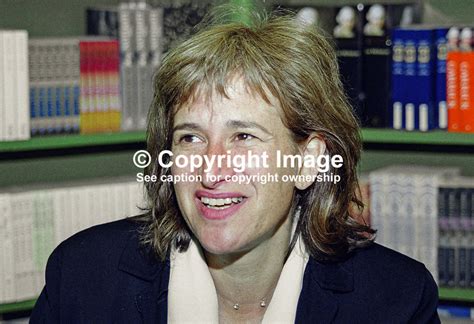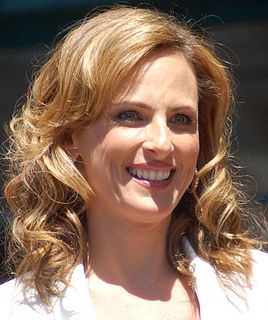A Quote by David Hockney
I actually think the deafness makes you see clearer. If you can't hear, you somehow see.
Related Quotes
I think when you hear good music or the experience you have to the music which makes you remember it, it's so priceless. Really, it's the same thing for us when we make it, to actually see the idea come together to be something that's special and then to see people kinda degrade it, it is a little discouraging.
Beauty is undefinable in language. It's something that you see when you see it, or you feel when you feel it, or you hear when you hear it. It usually encompasses all five of the senses. It can't exist without it being a somehow sensorial experience. But, I don't think it's quantifiable. Nothing is really quantifiable. Nothing is certain in love and friendship. We all try to understand these things.
It makes me think about how you hear these young people say, "I see you, man." Or even if you go and watch some basketball game over the summer and the announcer goes, "I see you," and you see that player smile. You know what I mean? That thing of just being recognized, especially when you do a little subtle thing. I don't know.
When we sit in meditation and hear a sound, we think, 'Oh, that sound's bothering me.' If we see it like this, we suffer. But if we investigate a little deeper, we see that the sound is simply sound. If we understand like this, then there's nothing more to it. We leave it be. The sound is just sound, why should you go and grab it? You see that actually it was you who went out and disturbed the sound.
It really was something, to see Ram Bahadur Bomjon, apparently living without food or water. Before I went on that trip I'd asked advice on it from a very wise person who I love and revere - basically trying to see if I was somehow disrespecting Buddhism by trying to write about it, and also looking for some grounding on what stance to take ... and my friend said, "Well, why don't you just go and see?" And I hear that in my head all the time now: "Why don't you go and see?"






































